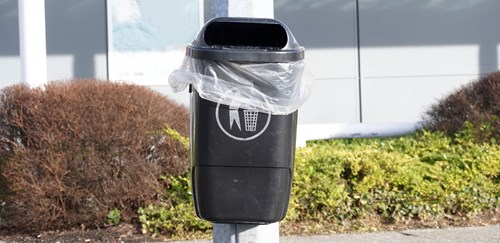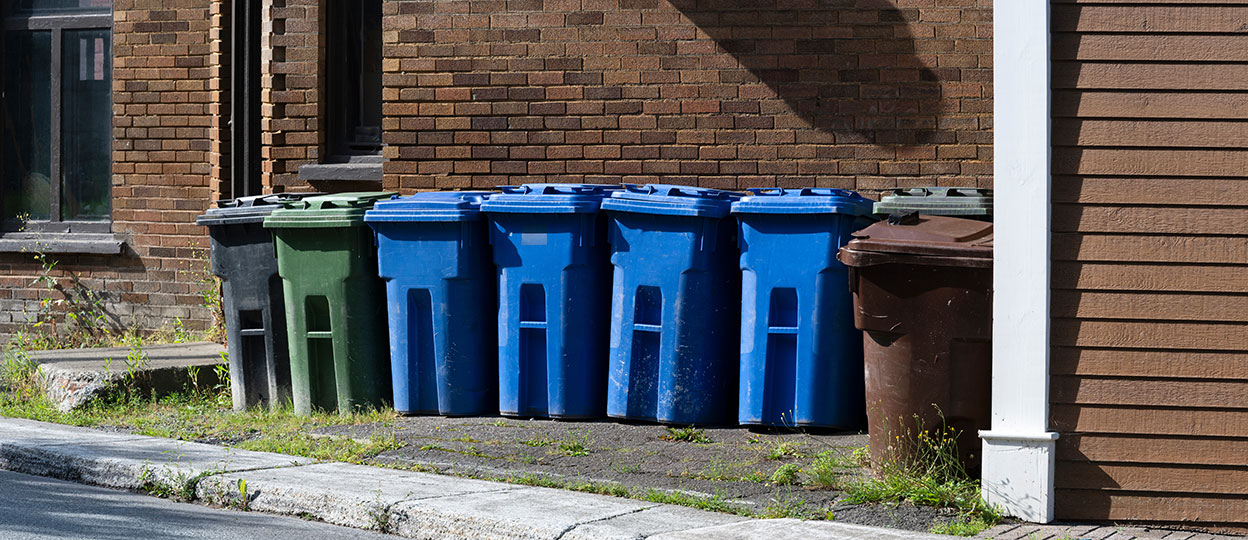While the basic framework for packaging Extended Producer Responsibility (EPR) reform has been known for some time, the finer details surrounding how the policy will operate continue to emerge.
Increased recent communications and decision-making from government mean producers can start preparing with greater confidence ahead of the first data submission for large organisations in Q3 of this year, albeit with some key details yet to be confirmed. Outlined below are the most important recent developments producers should be aware of.
Government engagement with stakeholders
Industry has been vocal in its concerns over the lack of clarity surrounding packaging EPR, and the short timeframe in which to get prepared. Government started to address these issues in the last few months by engaging with stakeholders in 'Visioning Sprints' and fortnightly Business Readiness Forums. Thérèse Coffey, the environment secretary, recently said she is also undertaking a “deep dive” into EPR to start tackling stakeholder worries.
Hopefully, much-needed light will be shed soon on the less-than-clear aspects of the new system. This includes the requirement for annual nation-data submissions and how the required information can practically be acquired. It’s also important that we get detailed guidance as soon as possible around producer obligations under the single point of compliance and how this works in complex supply chains.
At the end of 2022 government also released an online packaging EPR checker tool for organisations to determine if they have any packaging EPR obligations and required actions. It is important that organisations determine now if they have any required actions as data about their packaging for EPR reporting needs to be collected from 1 January 2023.
Waste management fee offsetting
Under packaging EPR a waste management fee will be charged to producers for packaging that is classed as household or street-binned packaging, in addition to their PRN obligation. This will be used to fund the collection and sorting of packaging waste by local authorities.
It was recently made clear that producers can reduce their EPR waste management fees in two ways, the first being ‘self-managed’ waste offsetting. This is applicable when a producer undertakes collections of waste household packaging themselves and sends it for reprocessing, for example via in-store customer take-back of plastic bags. There are a number conditions attached however – the material must not be commonly collected by local authorities for recycling, the producer must have reported the same material as being handled or supplied, and they must have evidence of it being recycled.
The second method to reduce waste management fees is where a producer can evidence that their primary and shipment packaging – formats which by default must be reported as household packaging – is being disposed of by a business they directly supply. Primary and shipment packaging passing through multiple supply chain steps, however, must always be classed as household packaging with the associated waste management fees, regardless of where it actually ends up. This would be the case if the obligated organisation is supplying the packaging to a distributor, for example.
Street-binned packaging
We’ve known for some time that ‘street-binned packaging’ will be reported separately by obligated producers, and will almost act as a sub-category of ‘household packaging’ as it will attract a waste management fee too, in addition to a PRN obligation, and an additional ground litter management surcharge in Wales and Scotland.
Last November, a definitive list of commonly street-binned items was released by government:
Takeaway food, such as wraps, boxes, bags and paper
Confectionery weighing less than 230g, such as chewing gum and chocolate
Crisps and other savoury snacks that weigh less than 60g
Single portions of ‘ready to eat’ food that does not need any preparation, such as sausage rolls, sushi, sandwiches, individual cakes and biscuits
Takeaway drinks, such as cups, cup holders and straws
Cartons holding up to 850ml of drink that does not need to be diluted
Any obligated packaging organisation handling or supplying these packaging types must report them into the ‘Street-binned’ category under EPR, regardless of what waste stream a given item is ultimately disposed in. The list is based on a study undertaken in 2020 by Keep Britain Tidy.
Defra announced this month that they are undertaking a new survey of street-binned packaging waste to further inform this system, and to provide additional data for the yet-to-be-established Scheme Administrator to calculate producer fees and local authority payments. The fees will be assessed on the proportion of packaging waste that is disposed of street bins, versus the total amount of placed on market items reported by producers.
Are you impacted by packaging EPR?
Please click here to find more information about packaging EPR, including whether you are impacted, when it is happening, what you need to do and how we can help. If you have any questions or concerns, please do contact our team.






